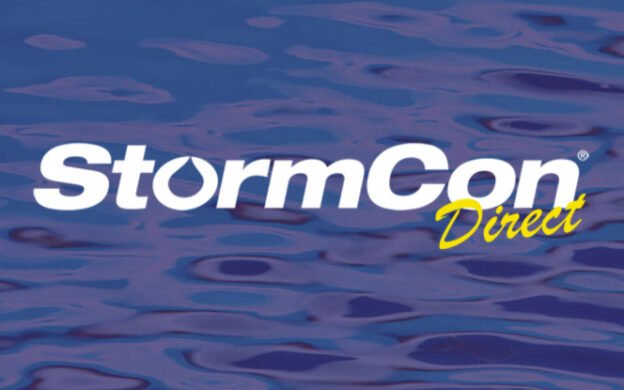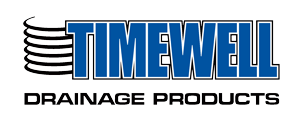Originally presented at StormCon 2022 on September 28, 2022, 8:30-9:00 AM
All stormwater control measures require maintenance, especially those that serve a dual purpose as pavement. This includes permeable interlocking concrete pavement (PICP) which allows stormwater to infiltrate directly through aggregate-filled joints and into an open-graded aggregate base. Past research evaluating various types of cleaning equipment has been conducted and this presentation provides additional, scientifically based proof of effectiveness using available cleaning equipment. To compare cleaning methods and equipment, the University of Toronto constructed a PICP test pad in 2017 at the Toronto and Regional Conservations Authority’s (TRCA) Kortright Centre for Conservation in Vaughan, Ontario. The test pad included seven, 10 by 10-foot PICP cells constructed with generic permeable concrete pavers arranged in a herringbone pattern over an open-graded aggregate base. A perforated pipe drained the PICP cells. The test cells were systematically clogged during the summer of 2017 through a controlled, accelerated clogging procedure developed by the researchers. Surface infiltration rates were measured using the ASTM C1781 test method. Restorative maintenance was executed when the mean surface infiltration measurements approached 10 inches per hour, generally equivalent to a 98% overall reduction in original surface infiltration rates. Various cleaning equipment was tested on highly clogged PICP surfaces, and the results of this study demonstrate that all maintenance techniques restore surface infiltration rates, but with some variability. One maintenance treatment that was very effective in restoring clogged PICP surfaces, the high-pressure air and vacuum system, will be demonstrated with measurement of pre- and post-cleaning infiltration rates.
Presented by:
Bryan Horr – Interlocking Concrete Pavement Institute






